Grand Challenges and Grand Challenges Global Call-to-Action grants were announced for requests for proposals launched at the 2022 Grand Challenges Annual Meeting, encompassing awards for 35 principal investigators in 22 different countries.
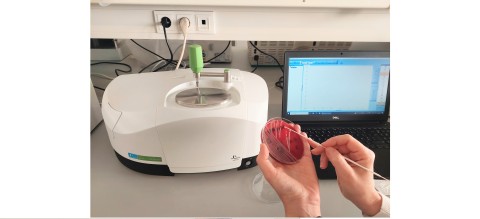
Kathryn Holt of the London School of Hygiene and Tropical Medicine in the United Kingdom and Senjuti Saha of the Child Health Research Foundation (CHRF) in Bangladesh, along with FTIR experts Luísa Peixe and Angela Novais from the University of Porto, will establish Fourier-Transform infrared (FTIR) spectroscopy in a pediatric microbiological diagnostics laboratory in Bangladesh to support clinical and infection control decisions.
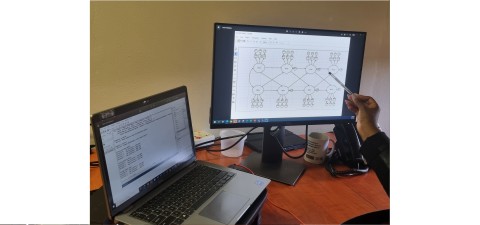
Esnat Chirwa of the South African Medical Research Council in South Africa will strengthen modeling and data science capacities by incorporating training and networking approaches, particularly for female researchers in Malawi and South Africa.
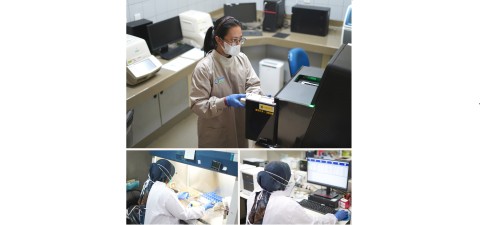
Rifky Waluyajati Rachman of the West Java Provincial Health Laboratory in Indonesia will employ targeted next-generation sequencing (NGS) to support genomic surveillance of drug-resistant tuberculosis (TB) in Indonesia.
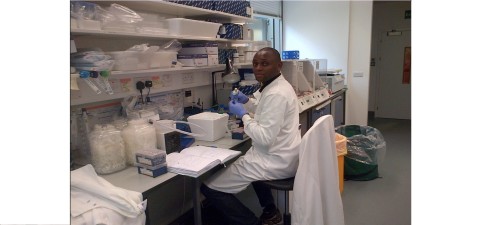
Daniel Kiboi of the Jomo Kenyatta University of Agriculture and Technology in Kenya will assess whether a novel mutation in the human malaria parasite, Plasmodium falciparum, can be used as a marker to identify drug-resistant malaria and protect key antimalarial drugs.
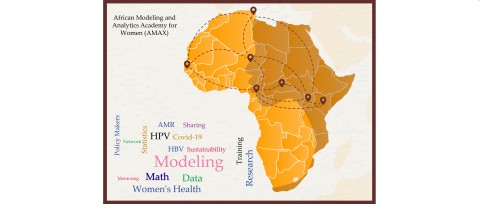
Amira Kebir of the Pasteur Institute of Tunis in Tunisia will create an African-based and -led learning and research network that links Francophone and Anglophone African research institutions to strengthen the capacity and ecosystem for modeling and analyzing women's health in Africa.
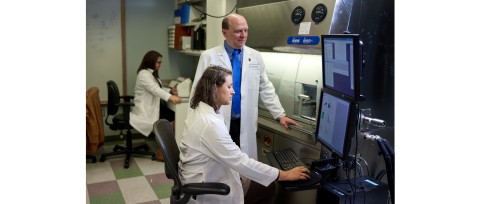
Brigida Rusconi of Washington University in the U.S. will determine whether female infants develop long-lived antibodies against gut bacteria that subsequently both protect against bacterial infections and promote healthy gut immune and microbiota development in their offspring.
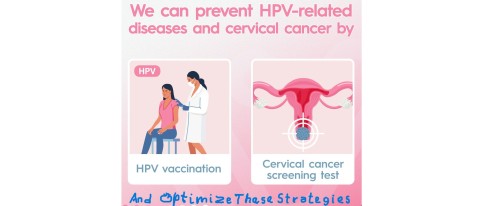
Berge Tsanou of the University of Dschang in Cameroon will support trainee mathematical modelers in epidemiology, particularly women, to strengthen capacity and to investigate health problems related to human papillomavirus (HPV) and cervical cancer (CC) in four Central-East African countries.
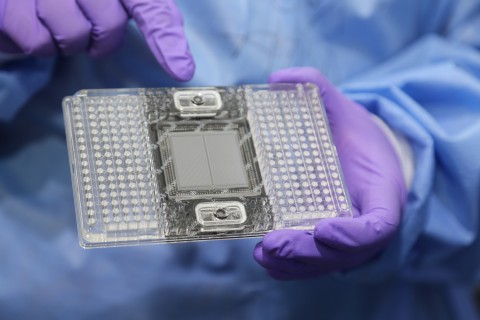
Cameron Myhrvold of Princeton University and Mireille Kamariza of the University of California, Los Angeles, both in the U.S., will develop an assay to rapidly detect multiple drug resistance mutations in Plasmodium falciparum and Mycobacterium tuberculosis for malaria and tuberculosis (TB) surveillance, respectively.
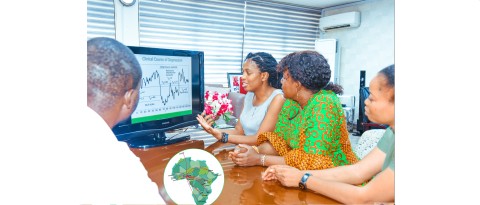
Olayinka Omigbodun of the University of Ibadan in Nigeria will build a critical mass of female researchers and policymakers to adapt and apply diverse mathematical models to better understand the epidemiology of depression in young women in sub-Saharan Africa and identify more effective preventative measures and treatments.
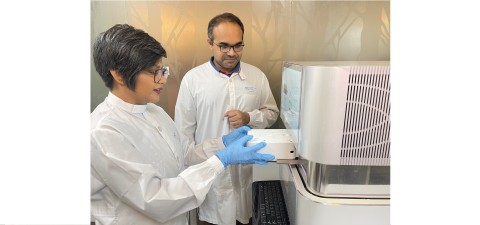
Senjuti Saha of the Child Health Research Foundation in Bangladesh will use a single-cell analytics platform to track the immune responses of babies before and after receiving a pneumococcal conjugate vaccine to determine the impact of various factors, including nutritional status and seasonality, on vaccine efficacy.
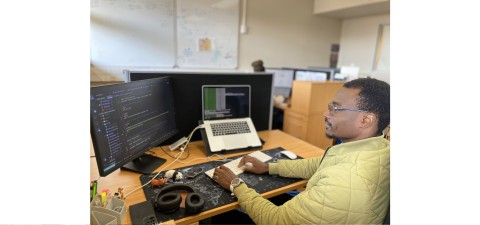
Jinal Bhiman of Wits Health Consortium (Pty) Ltd in South Africa and Jacqueline Weyer of the National Institute for Communicable Diseases also in South Africa will leverage a rapid monoclonal antibody (mAb) isolation and screening pipeline to develop diagnostics that differentiate between pathogens to support epidemic responses.

Abdoulaye Djimde of the University of Sciences, Techniques, and Technologies of Bamako in Mali will use a metabolomics platform to identify biomarkers to detect dormant Plasmodia hypnozoites in a previously malaria-infected individual as a diagnostic method and to screen for new therapeutics.

Georgia Tomaras and Nathanial Chapman of Duke University and Girija Goyal and Don Ingber of the Wyss Institute at Harvard University, both in the U.S., will test whether Organ-on-a-Chip technology can inform how antibodies protect humans from pathogen infections to design more effective vaccines.